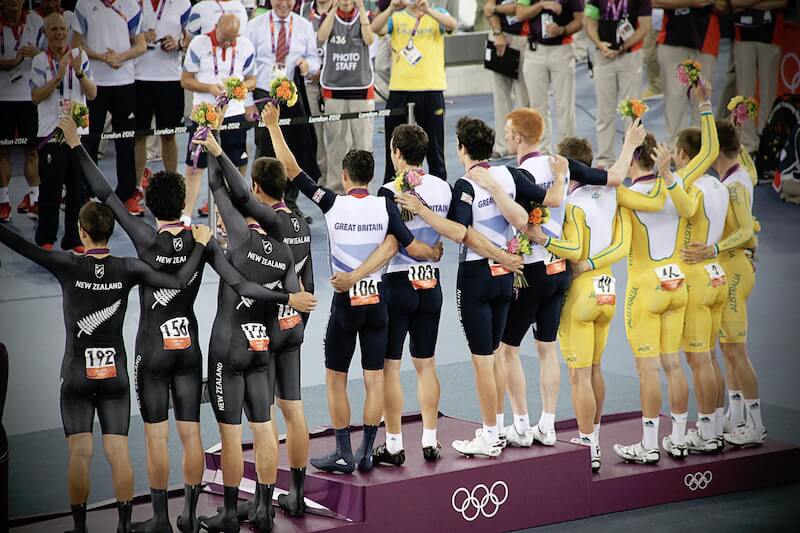As humans, we are very competitive creatures. We’ve been challenging each other to prove who is the fastest, strongest, and smartest for all of recorded history. The Ancient Greeks invented the Olympics; the Romans had horse racing, chariot racing, gladiator battles, and ancient Chinese dynasties that resemble modern games like blackjack and dominoes.
Over time, the sports we use to compete have changed, but our sense of competition has remained just as fierce. Instead of cheering on our favorite chariot racers or gladiators, modern sports fans make noise to show appreciation for their favorite football and basketball players.
Many factors have been responsible for how sport has evolved, but technology has played the biggest role in recent years. Here’s how.
TV
Television has completely changed the way that we consume sports. Instead of having to be present in a stadium, we can watch from the comfort of our own home or among friends at a sports bar.
While it’s not much of a hassle to travel to a local home game, when your team is playing away on the other side of the country, being able to watch the game remotely is crucial.
While bringing fans closer to the sport, TV has also driven the commercialization of sport. Broadcast rights deals are worth billions of dollars every year, money used to pay players’ large salaries.
Additionally, the increased viewership makes the sports more attractive to sponsors who pay to have their logo appear on uniforms and around stadiums.
Betting
Humans have been betting on sports for just as long as we’ve been playing them. Archaeologists have found a wealth of evidence that the Romans loved betting on their favorite athletes.
That interest has continued today, though how we place bets on sports has changed significantly in the last few years. Technology has made it possible for fans to bet from anywhere through their smartphone, instead of inside a betting shop or casino.
Companies like Bet365 have become market leaders by offering live betting, streaming of games, and an easy to use interface. This gives fans the ability to place wagers on their favorite sports from wherever they are.
This convenience is something fans value since each around $4 trillion is wagered around the world each year.

Clothing
If you’ve ever been involved in a sport or spent time in the gym, you’ll know that wearing the wrong clothing can weigh you down and make it hard to perform at your best.
During the Ancient Greek Olympics, athletes competed naked. This gave them the freedom and flexibility to move they needed.
As society began to deem naked athletes unsightly, they began to wear garments from natural fibers like cotton. The problem with these is that they absorbed all of their perspiration, weighing them down and eventually restricting their movement.
The technology found a solution to this, with synthetic fibers like polyester allowing athletes to wear breathable fabrics that, while often hugging their bodies, provides the freedom to move as necessary.
These fibers can have an environmental impact, though since they’re made from plastic, though technological developments have found solutions to this too. Athletes can now wear performance clothing made from recycled plastic bottles, helping to reduce their impact on the environment.
Improvements to footwear have also helped athletes to perform better. One of the first to sample smart shoes was Jesse Owens, who wore spiked shoes to win four gold medals at the 1936 Olympics in Berlin.
Training
The way that athletes train has also been changed by technology. While experienced coaches and a team of physios, nutritionists, and sports psychologists are all still necessary to succeed at a high level, technology is increasingly being used to gain an advantage.
Even something as simple as the batter’s fingers’ placement and movement could significantly affect their swing’s efficacy. That’s why high-speed cameras are being used in sports like baseball to track players’ techniques, allowing them to spot areas for improvement that would otherwise have been impossible to see.
GPS tracking devices are also used in football to help managers and players see the hot and cold spots on the pitch, allowing them to tweak formations and set pieces to work more effectively.
While competition has always been strong among humans, technology has changed how we train, compete, and watch sport at every level.



